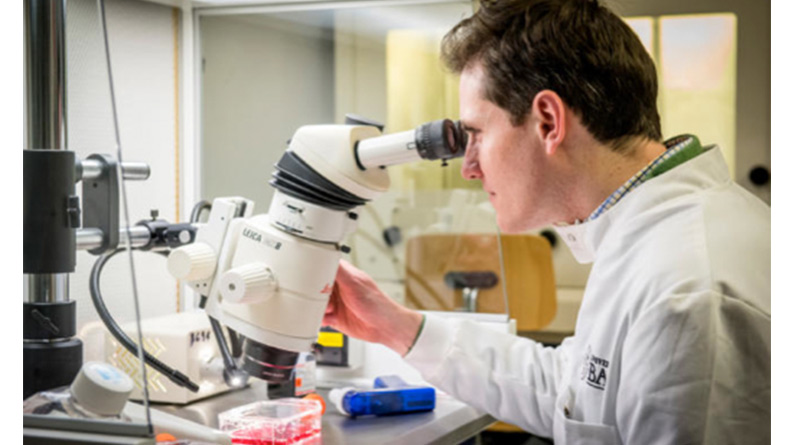Genetic Changes Implicated in Altered Alzheimer’s Risk
Researchers from UCL have presented more evidence that a gene, PSEN1, implicated in inherited, early-onset Alzheimer’s disease is also involved in the more common form of the condition. They also suggest genes that play a key role in a fundamental cellular process could decrease or increase the risk of developing the disease. The research was published in the scientific journal Nature.
Dr Katy Stubbs at Alzheimer’s Research UK said:
“Diseases like Alzheimer’s are caused by a complex mix of age, genetics and lifestyle, with various factors contributing to an individual’s risk.
“These findings suggest that certain changes to genes involved in maintaining the delicate energy balance in our cells may increase our risk of Alzheimer’s, while others may help protect against the disease.
“While genetic discoveries are often an important starting point for research into new treatments, it is too early to say whether drugs that target this genetic pathway in people could help tackle Alzheimer’s without hampering other crucial cellular processes.
“The work also shows that PSEN1, a gene known to cause rare inherited cases of early-onset Alzheimer’s disease, is implicated in the more common form of the disease. It’s vital that we see more research capitalising on genetic leads like this to accelerate the rate of meaningful breakthroughs in dementia.
“Genetics play an important role in influencing the risk of Alzheimer’s and while we can’t change the genes we inherit, research shows that a healthy lifestyle can help to stack the odds in our favour. A brain healthy lifestyle includes staying physically and socially active, eating a balanced diet, drinking within recommended guidelines, and not smoking.”






